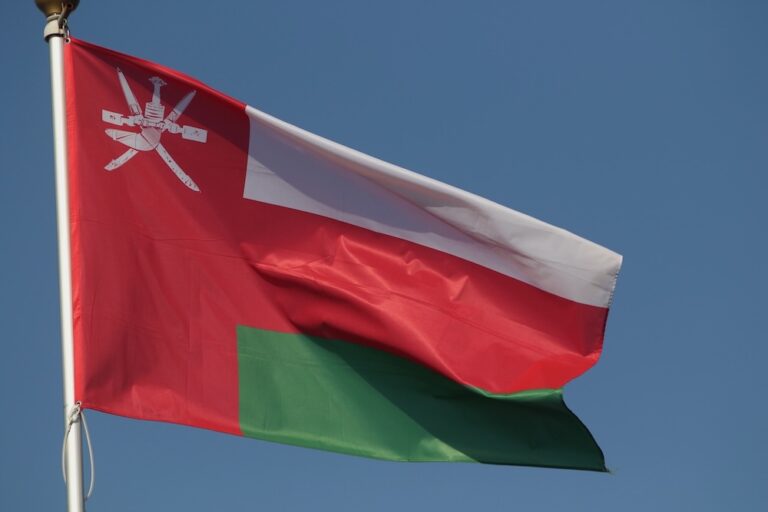With the need to communicate and access information during the COVID-19 pandemic, rights organizations call on governments in the Gulf region to lift their ban on Voice Over IP platforms that facilitate voice and video internet calls.
This statement was originally published on hrw.org on 7 April 2020.
Human Rights Watch joined 28 other organizations today in issuing this statement about the need to unblock Voice Over IP platforms for voice and video internet calls:
In light of the COVID-19 global pandemic outbreak, we, the undersigned organizations, urge the governments of the United Arab Emirates (UAE), Qatar, and Oman to permanently lift the ban on all Voice Over IP (VoIP) platforms used for voice and video internet calls.
Gulf countries have for a long time banned voice and video internet call apps and platforms under the pretext of protecting the economic interests of national telecommunication companies. Such a sweeping ban cannot be justified, given the impact it has. This has caused serious problems for the people living in those countries, especially the majority of migrant workers and foreign national residents who need to connect and communicate with their families and communities overseas. Even citizens at home connect to members of their families abroad via VoIP.
In response to the spread of COVID-19, the UAE and Oman have relaxed some restrictions on some of these VoIP apps and platforms. The UAE’s Telecommunications Regulatory Authority, for example, has unblocked, on an “exceptional” and temporary basis, apps that allow for distance learning such as Microsoft Teams, Skype for Business, Google Hangouts, and Zoom. The Oman government has done the same. Microsoft Teams and Zoom are also available in Qatar.
However, popular VoIP apps such as WhatsApp, Skype, and FaceTime remain blocked despite persistent calls from citizens and residents living in the three countries to allow the use of these apps in light of the public health crisis.
These restrictions have a severe impact on people’s fundamental rights of freedom of expression, privacy, and access to information. Many organizations including the World Health Organization, as well as governments, are currently using WhatsApp chatbots and other platforms to disseminate information. Denying the Gulf population access to these platforms puts people at serious risk, as this cuts them off from their communities abroad and the resources they need in times of such crisis. In addition, platforms that provide Over-the- Top (OTT) services are often cheaper when compared to pay-as-you-use services, such as SMS and long-distance calls. Members of the migrant worker community and those who cannot afford to make long-distance calls will be disproportionately affected.
The Gulf governments should not take any chances when it comes to containing this pandemic and protecting all who live within their borders. The governments of the UAE, Oman, and Qatar should unblock all VoIP platforms including WhatsApp, Skype, and FaceTime immediately and permanently, as well as to make concerted efforts to give people access to an open, secure, and reliable internet connection.
Signatories:
Access Now
L’Association Francophone pour les Droits de l’Homme
Bloggers Association of Kenya (BAKE)
Business & Human Rights Resource Centre
Centre for Media Research – CRM-Nepal
Center for Migrant Advocacy
Democratic Transition & Human Rights Support Center (DAAM)
Digital Rights Foundation
Equidem
Equidem Nepal
Euro-Mediterranean Human Rights Monitor
Gulf Centre for Human Rights
Human Rights Watch
ImpACT International for Human Rights Policies
Internet Policy Observatory Pakistan
International Service For Human Rights (ISHR)
Iraqi Network for Social Media (INSM)
Media Foundation for West Africa
Media Matters for Democracy
MENA Rights Group
Migrant-Rights.org
Metro Center For Journalists Rights & Advocacy
Namibia Media Trust
Rights and Security International
Paradigm Initiative
SMEX
The Arabic Network for Human Rights Information (ANHRI)
The Omani Centre for Human Rights (OCHR-Oman)
Unwanted Witness Uganda



